Japanese garden design, with its roots deeply embedded in centuries of tradition, emphasizes the beauty of simplicity and the art of restraint. In a world often bustling with an overabundance of stimuli, the Japanese garden offers a serene and contemplative retreat. This form of garden design captures the essence of nature's purity through its minimalistic approach, employing a thoughtful arrangement of rocks, water, and carefully curated plant selections. While it may appear understated, the Japanese garden is a masterful orchestration of elements that evoke harmony and tranquility. It's this elegance through simplicity that continues to inspire garden enthusiasts around the world. Embrace this minimalist ethos and transform your space into a peaceful haven by exploring these Japanese garden design ideas.
Bamboo arrangement in a minimalist garden. This design emphasizes simplicity and tranquility, fostering a serene environment through the natural beauty of bamboo. Source
Japanese maple and concrete stepping stones. This combination creates a serene and minimalist atmosphere that highlights natural beauty through simplicity and structure. Source
Serene entranceway with minimalist stone elements and lush greenery. This design promotes tranquility and harmony, key aspects of Japanese garden aesthetics. Source
Zen garden design featuring pebbles, rocks, and minimalist plantings. This layout promotes tranquility and a connection with nature. Source
Lush greenery and sculptural rocks. This design emphasizes simplicity and harmony, integral to minimal Japanese garden aesthetics. Source
Zen Garden Design featuring gravel beds, strategically placed rocks, and trimmed shrubs creates a serene space. This minimalist approach fosters tranquility and contemplation. Source
Zen garden pathway. Incorporating gravel, stone slabs, and lush grass creates a serene walking experience that emphasizes simplicity and balance. Source
Serene minimalist garden design with gravel pathways and greenery. This design emphasizes simplicity and tranquility, creating a calming outdoor space for relaxation and contemplation. Source
Zen garden layout with raked gravel, strategically placed rocks, and minimalist vegetation. This design emphasizes tranquility and contemplation, essential elements in Japanese garden aesthetics. Source
Zen rock arrangement showcasing natural elements. This design encourages tranquility and mindfulness through simplicity and harmony in the landscape. Source
Serene stone pathway bordered by lush greenery and modern wooden fencing. This design emphasizes simplicity and natural beauty, creating a tranquil ambiance. Source
Zen garden design featuring raked gravel, large stones, and minimalist planting. This configuration promotes tranquility and mindfulness through its simplicity and natural elements. Source
Zen garden elements featuring assorted potted plants and minimalist design. This creates a tranquil and harmonious environment, perfect for relaxation. Source
Minimalist water feature with reflecting surfaces. This design enhances tranquility and connection to nature, essential in Japanese garden aesthetics. Source
Minimalist garden layout with stone paths and suspended seating. This design emphasizes tranquility and simplicity, creating a serene outdoor space. Source
Zen garden with cherry blossoms and stone lanterns. This design promotes serenity and encourages contemplation through the harmonious arrangement of natural elements. Source
Zen-inspired garden view featuring minimalistic rocks and greenery. This design promotes tranquility and a seamless connection between indoor and outdoor spaces. Source
Tranquil pond with reflection. Incorporate natural stones and minimalistic plants for a serene aesthetic. This design promotes mindfulness and harmony in Japanese garden philosophy. Source
Zen rock gardens
Zen rock gardens are all about simplicity and tranquility. You can use gravel, rocks, and maybe a few plants to create that peaceful vibe. Just raking patterns in the gravel can be super meditative, making it a perfect spot for relaxation.
Bamboo fences
Bamboo fences are super popular for adding a natural vibe to your garden. They're not only stylish, but also durable and eco-friendly, making them a great choice for privacy or boundaries. Plus, with so many options in height and thickness, you can easily find something that fits your space perfectly.
Koi ponds
Koi ponds add a serene vibe to any garden, creating a peaceful retreat. Planting lush greenery around the pond enhances the natural look, making it blend seamlessly into the landscape. Maintaining water quality is key, so investing in proper filtration will keep your koi happy and healthy.
Stone lanterns
Stone lanterns add a unique charm to garden design, creating a serene atmosphere. They come in various styles, from traditional Japanese to more modern interpretations, making them versatile. Placing them strategically can illuminate paths or highlight specific plants, enhancing the overall aesthetic.
Water basins (tsukubai)
Tsukubai are those cool water basins often found in Japanese gardens, perfect for tea ceremonies or just enjoying some zen vibes. They come in all shapes and sizes, adding a rustic charm while reflecting nature beautifully. Plus, they make a great spot for plants to thrive around, creating that serene atmosphere we all crave.
Sand patterns
Sand patterns can totally transform a garden space, adding a unique touch that stands out. You can play around with different textures and colors, creating waves or spirals that invite curiosity. Plus, it's a great way to integrate nature with an artistic flair while keeping maintenance low!
Minimalist plantings
Minimalist plantings are all about simplicity and letting nature shine. Think bold shapes and limited colors to create a calm vibe that feels spacious. Using fewer plant varieties can really make a statement without overwhelming the senses, plus it's often easier to maintain!
Japanese garden design emphasizes minimalism by incorporating natural elements such as rocks, water, and carefully pruned plants to create a tranquil, meditative space. The minimalist approach often involves simple structures and uncluttered layouts, focusing on the harmonious balance between man-made and natural features. This design process results in a serene environment meant to promote contemplation and a deep connection with nature.

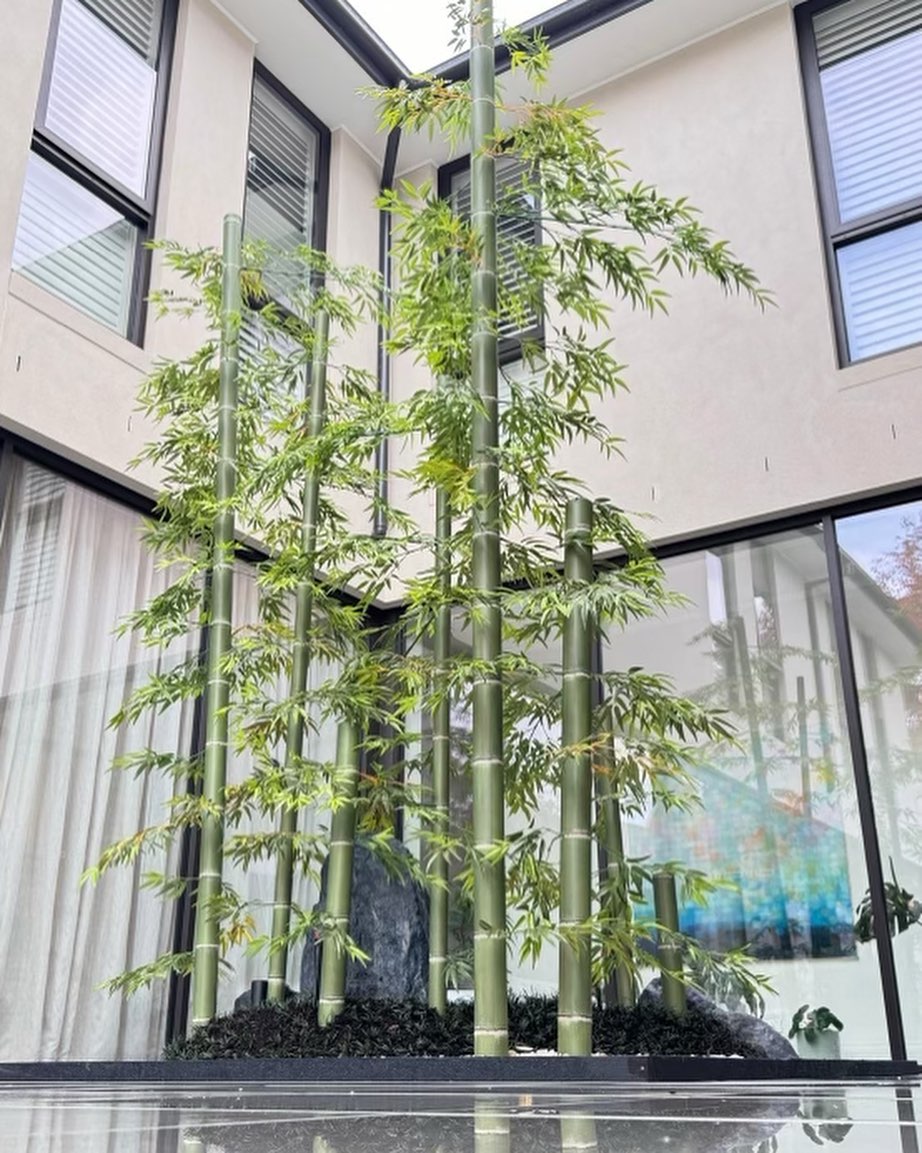
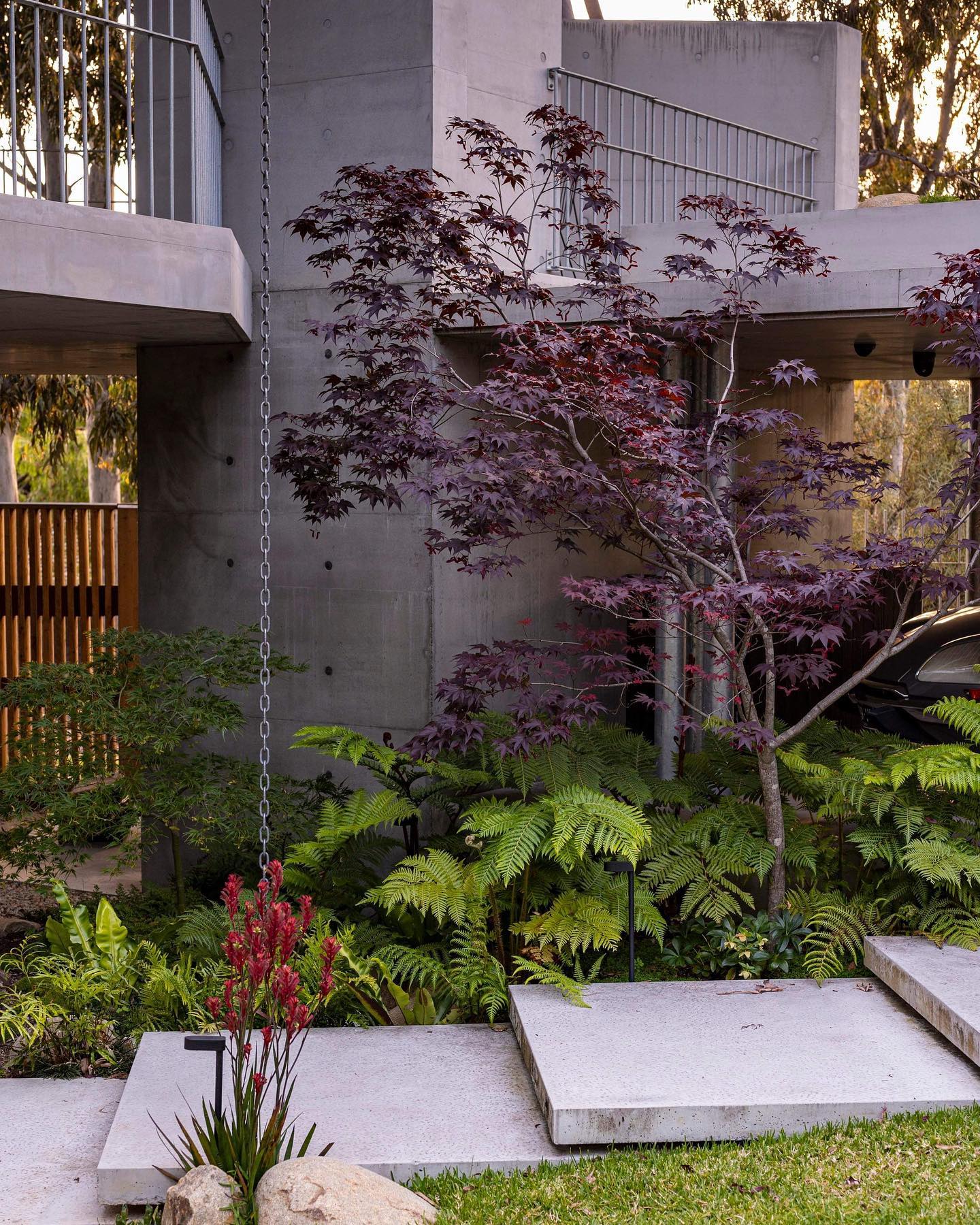
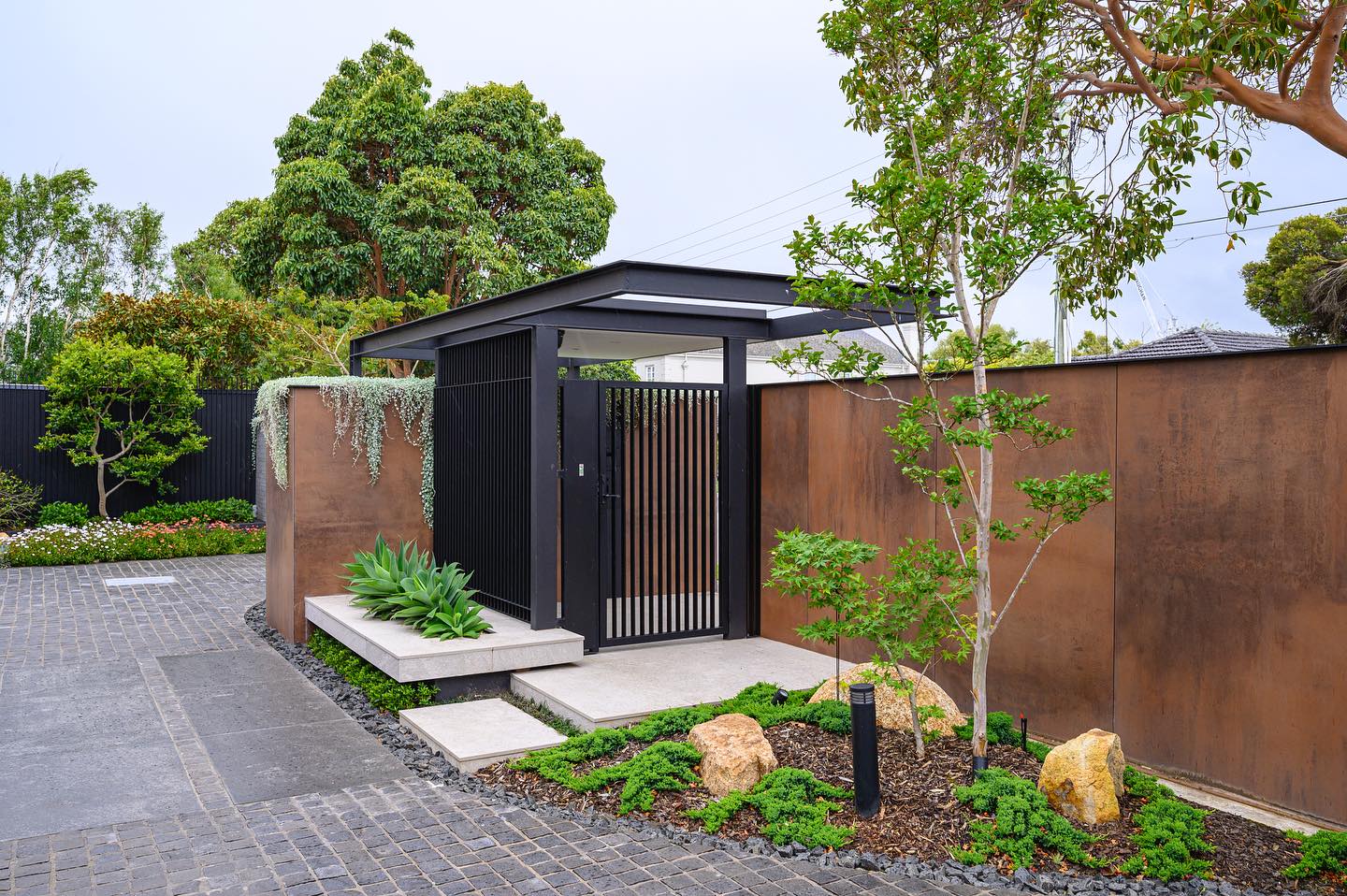
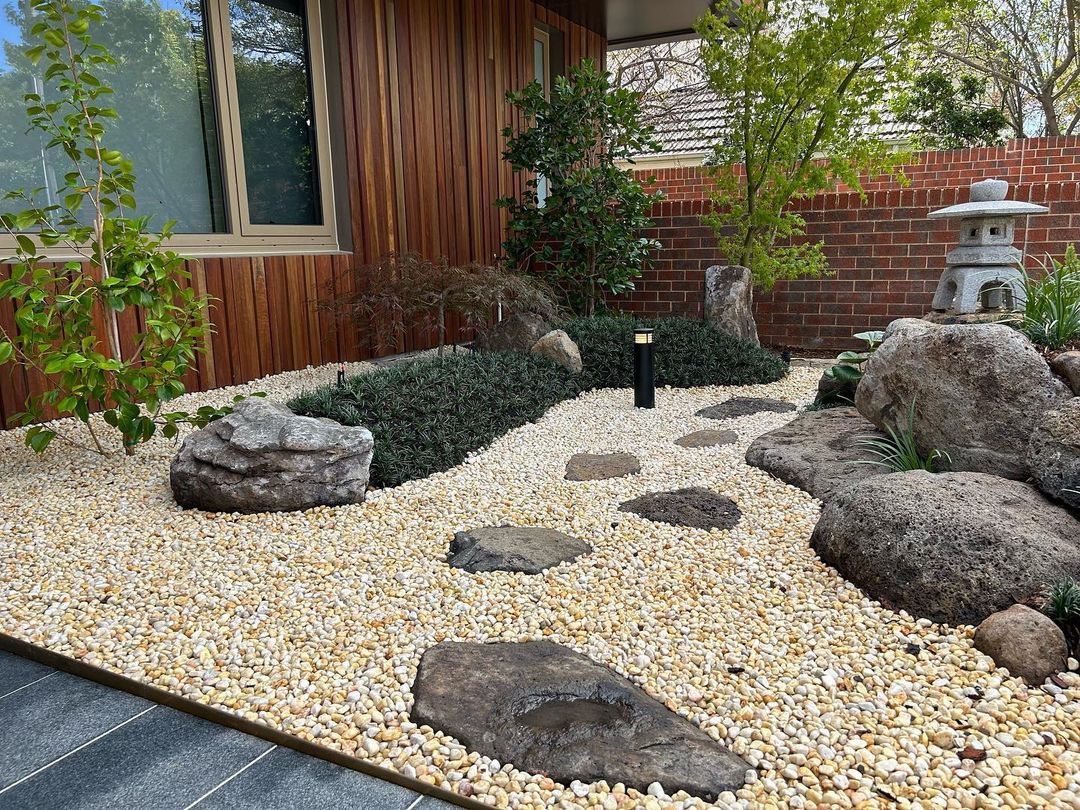

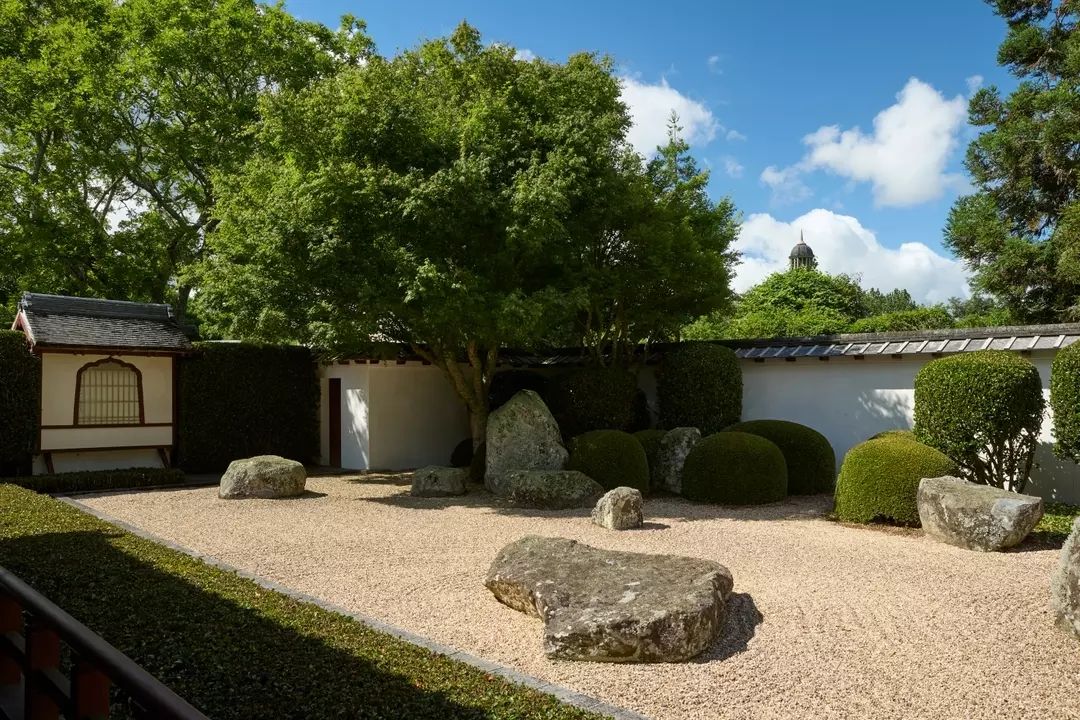
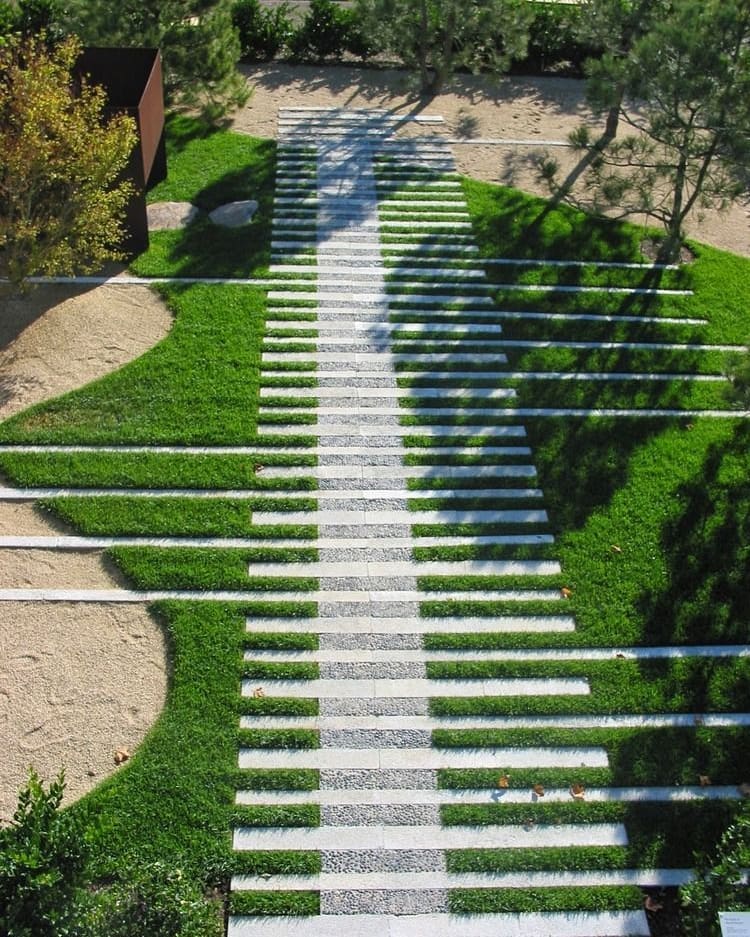
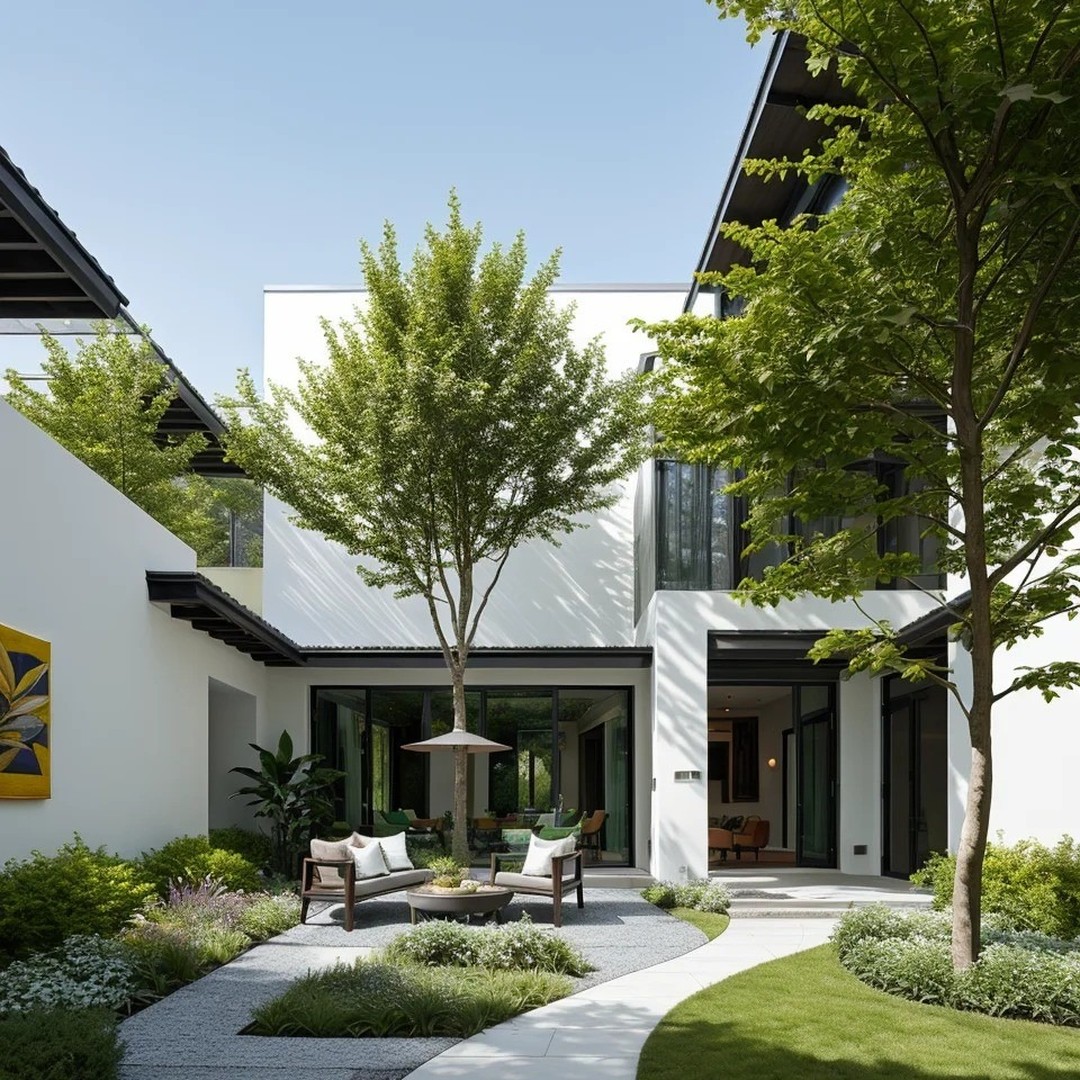
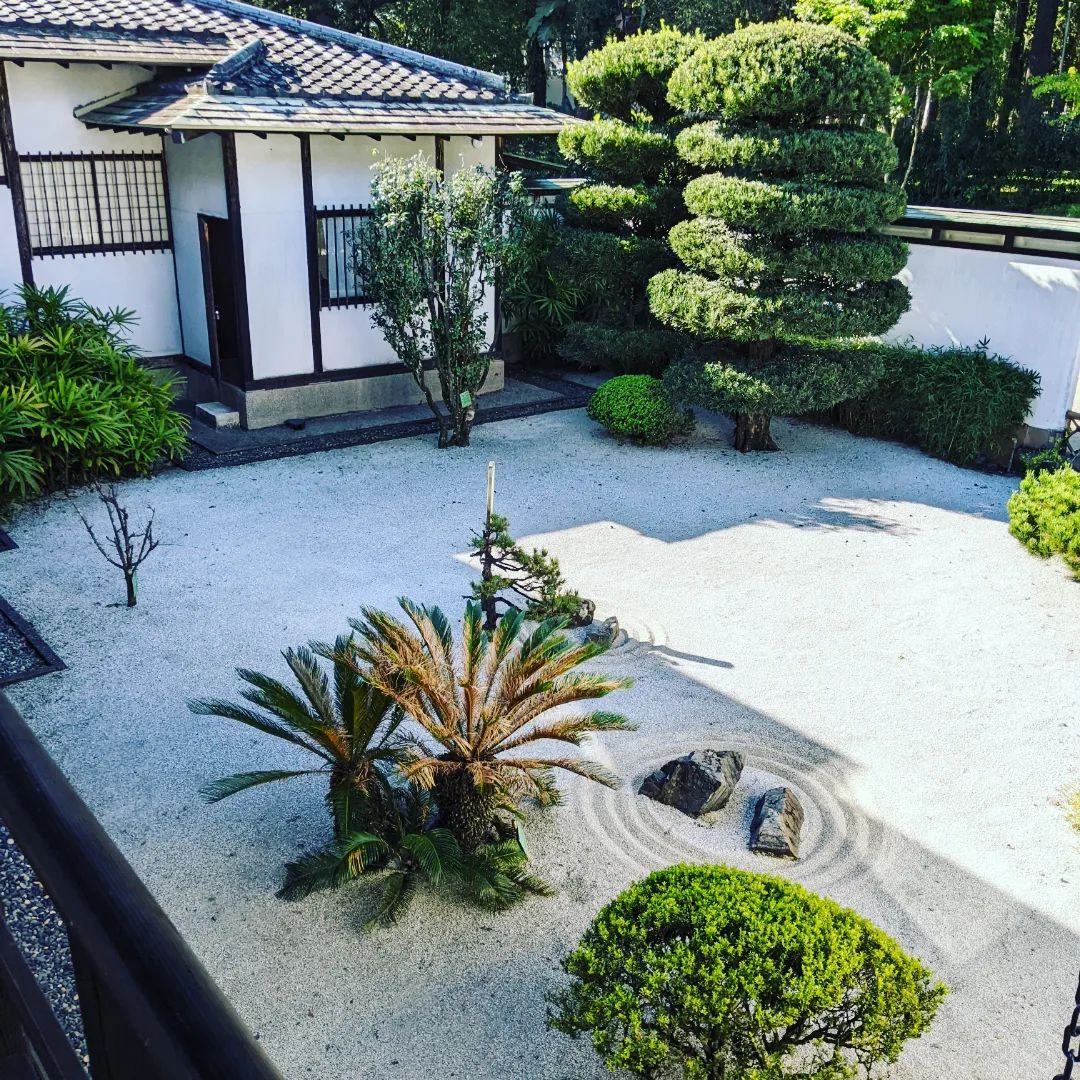
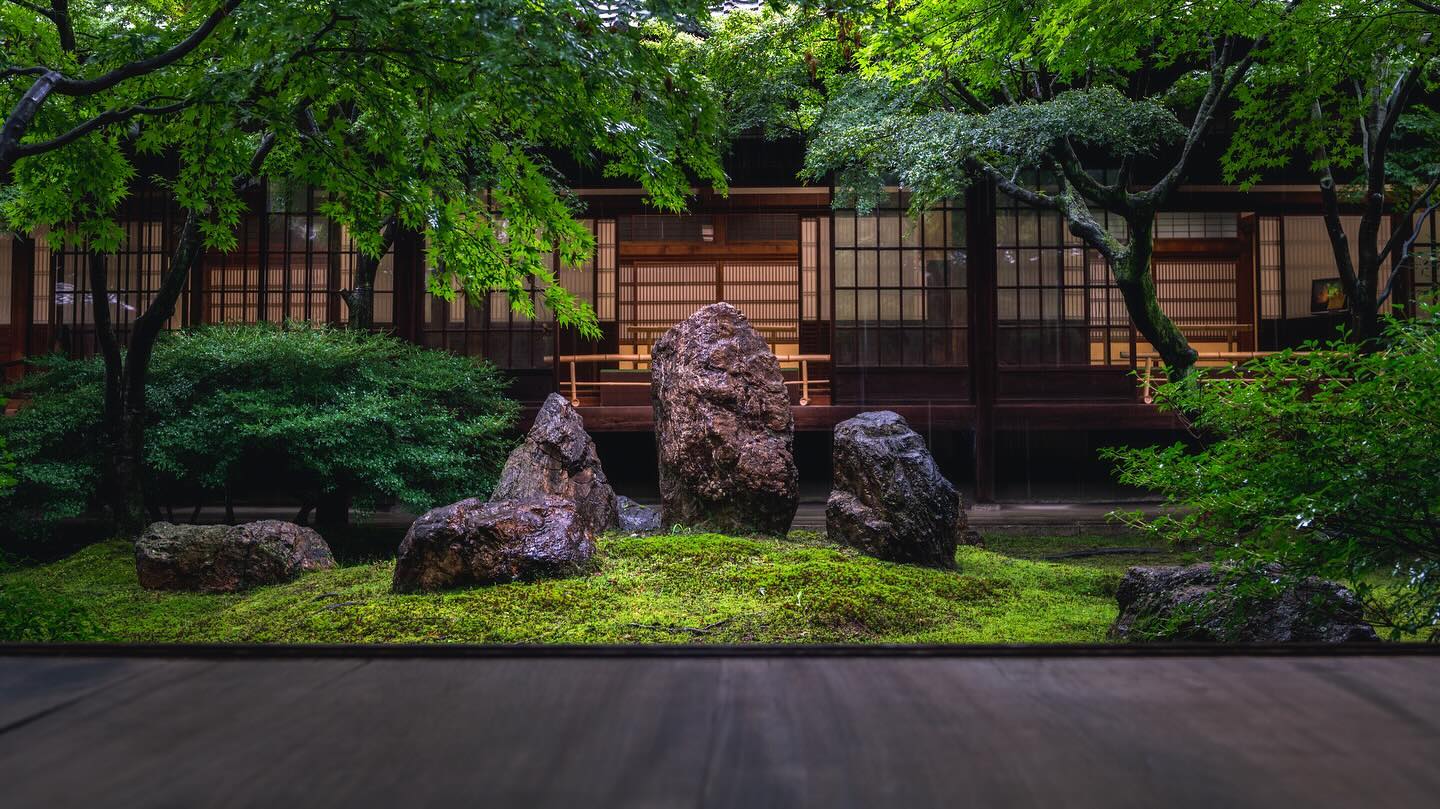
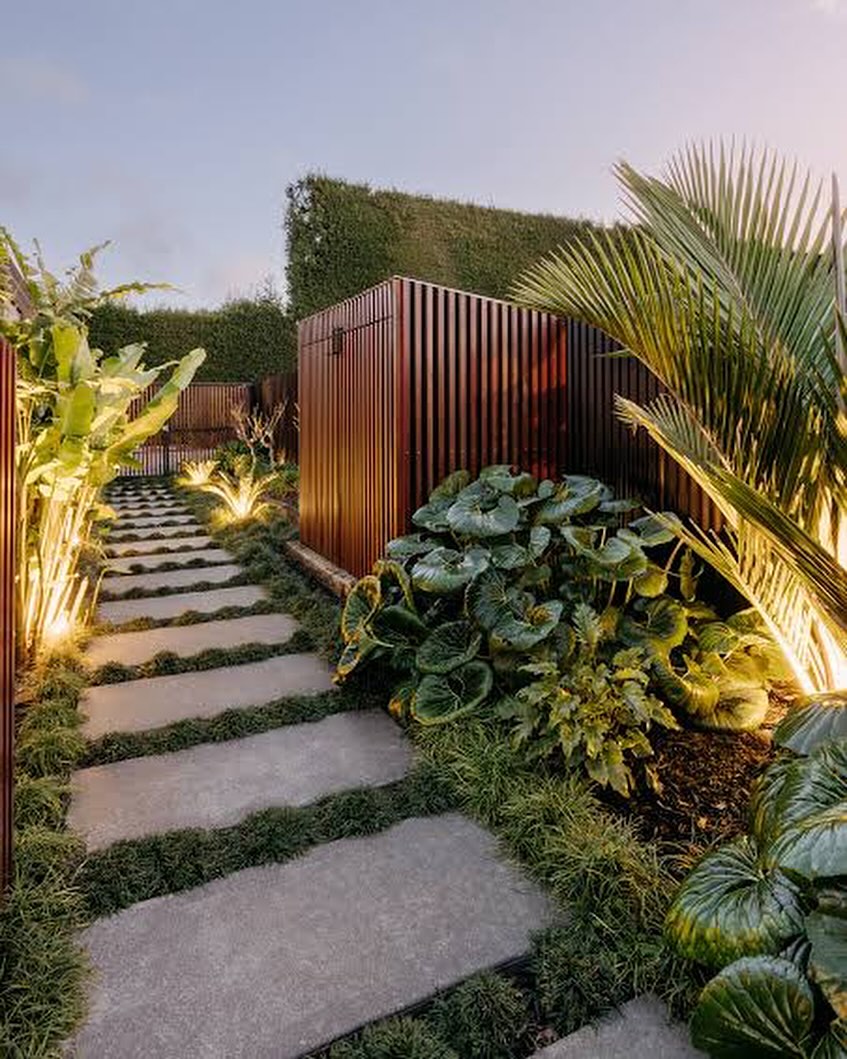
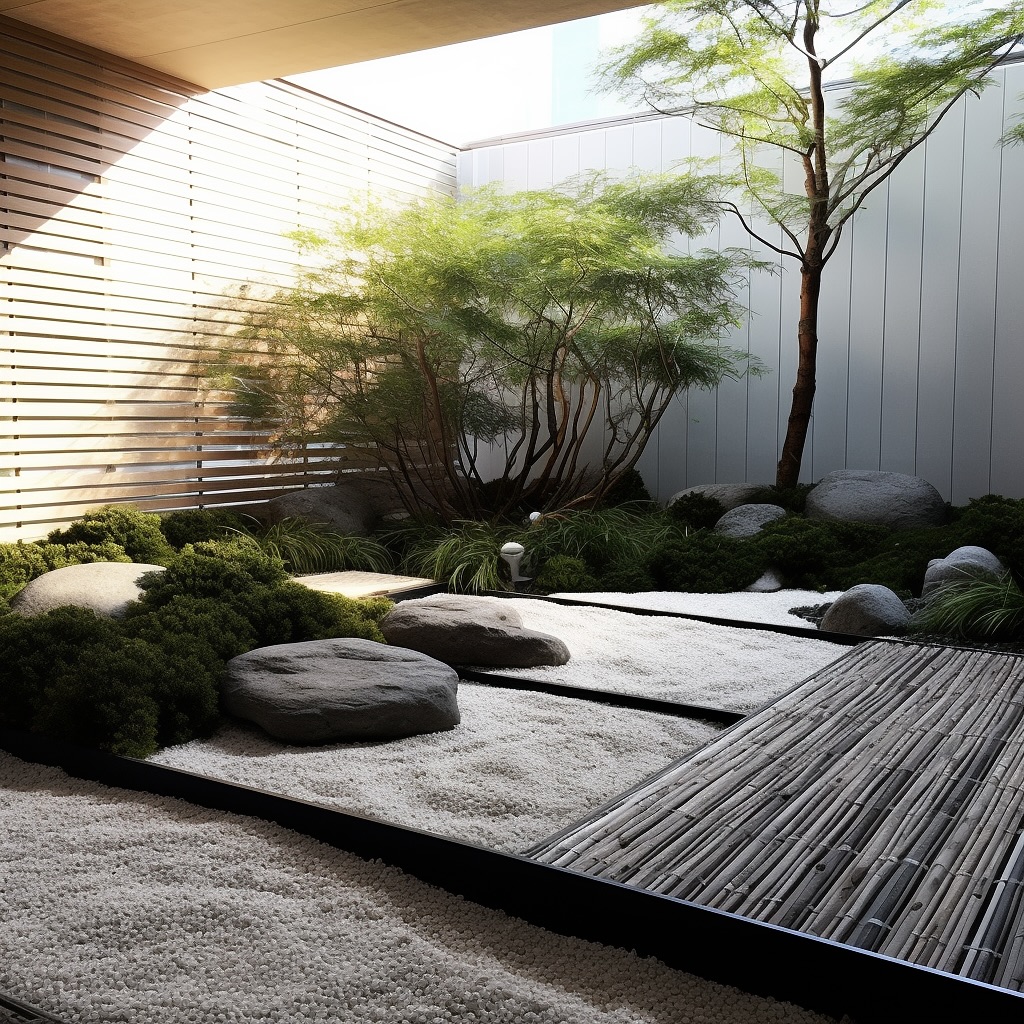
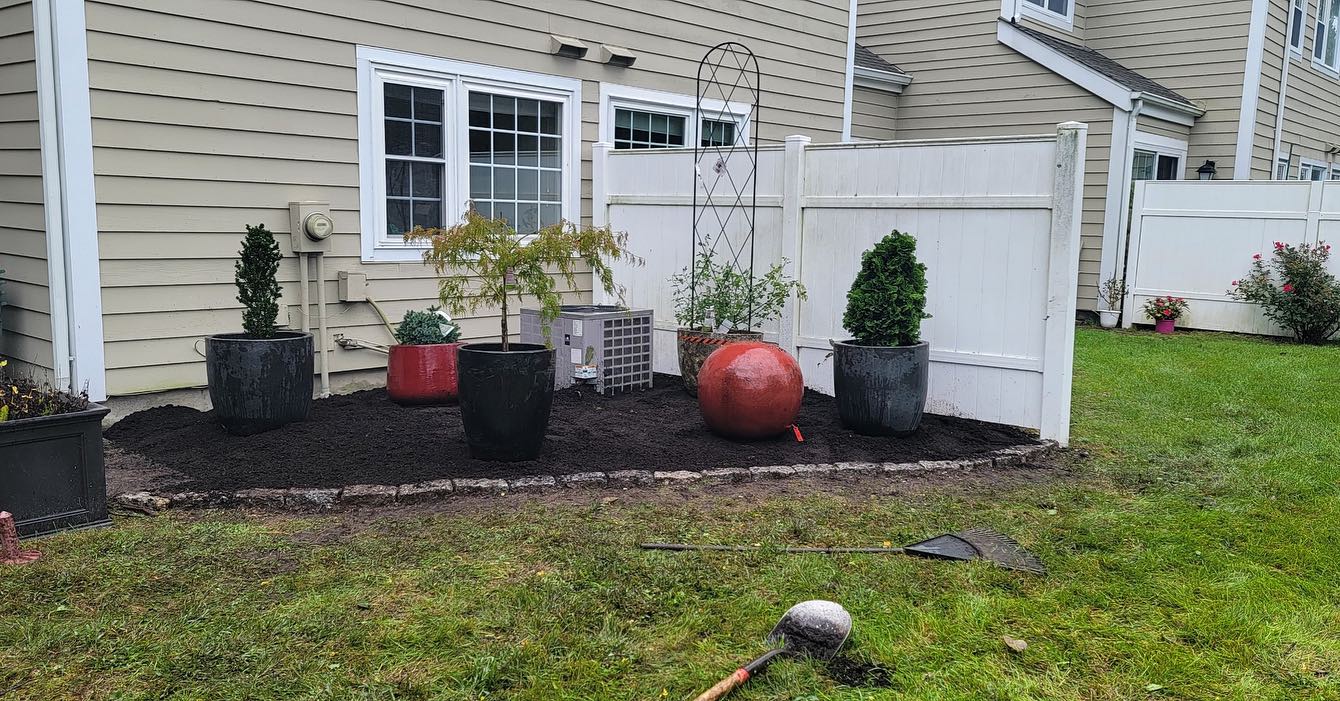
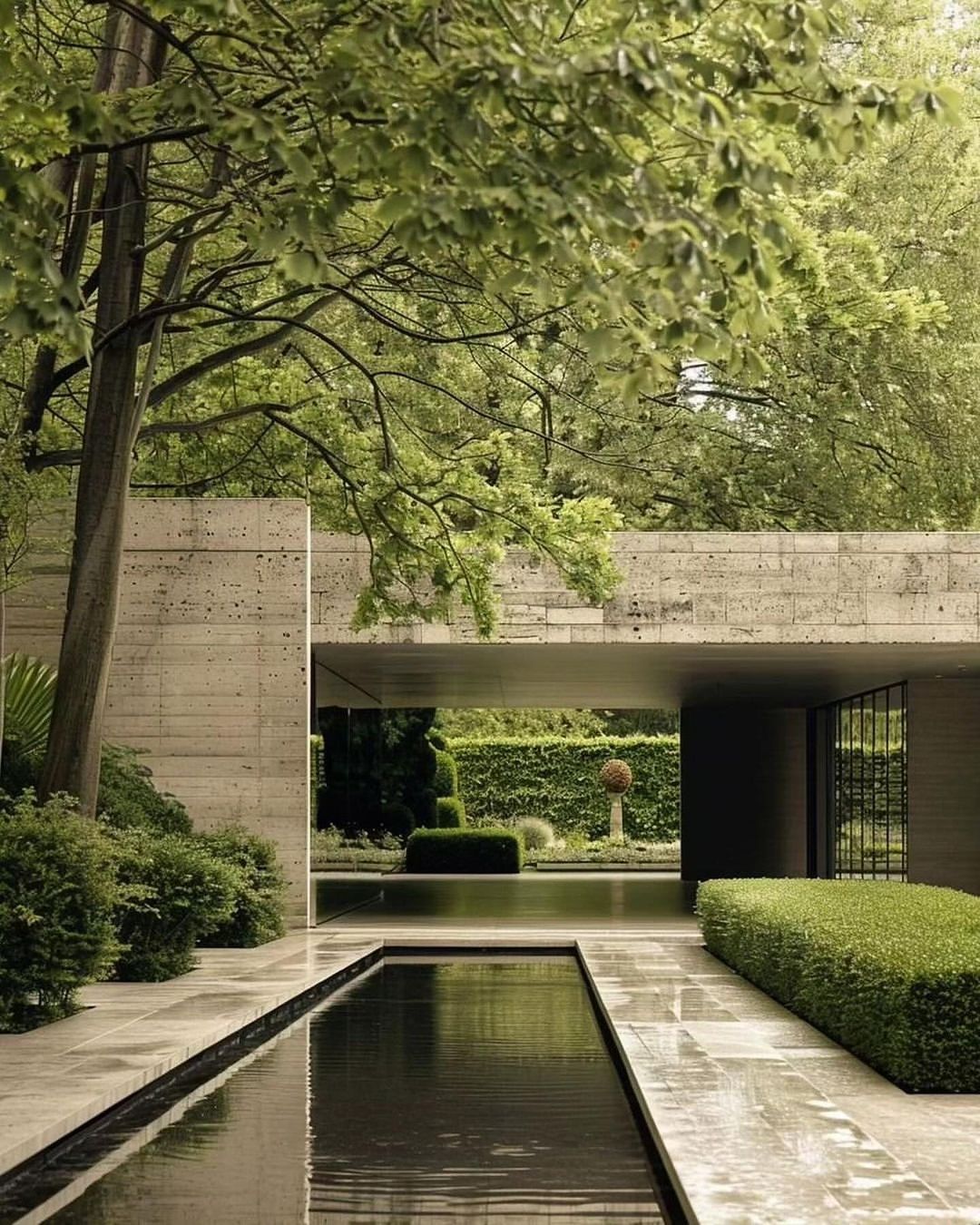
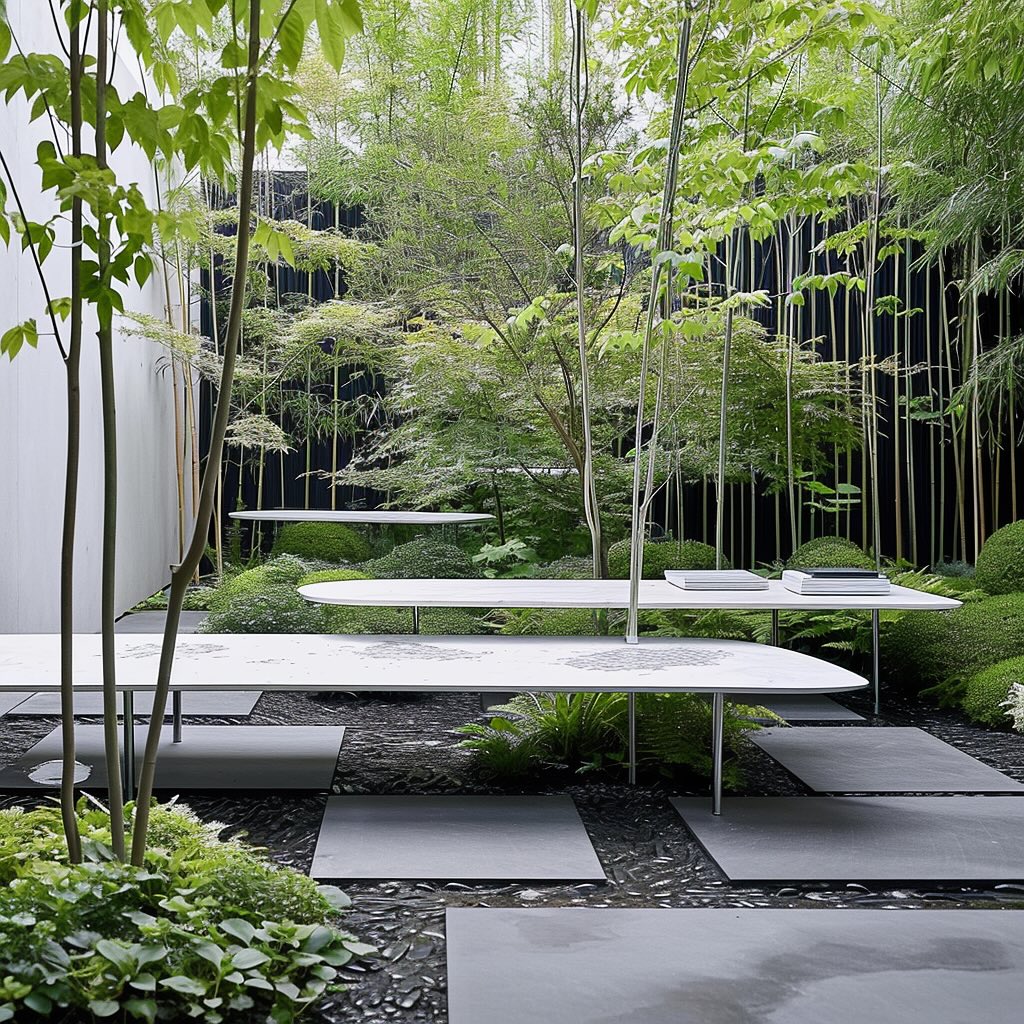
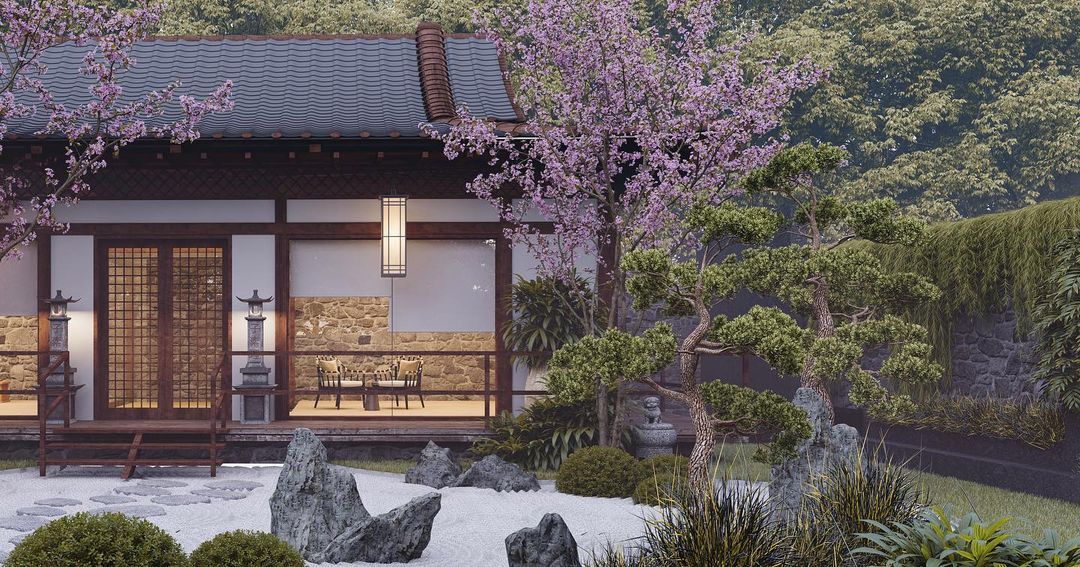
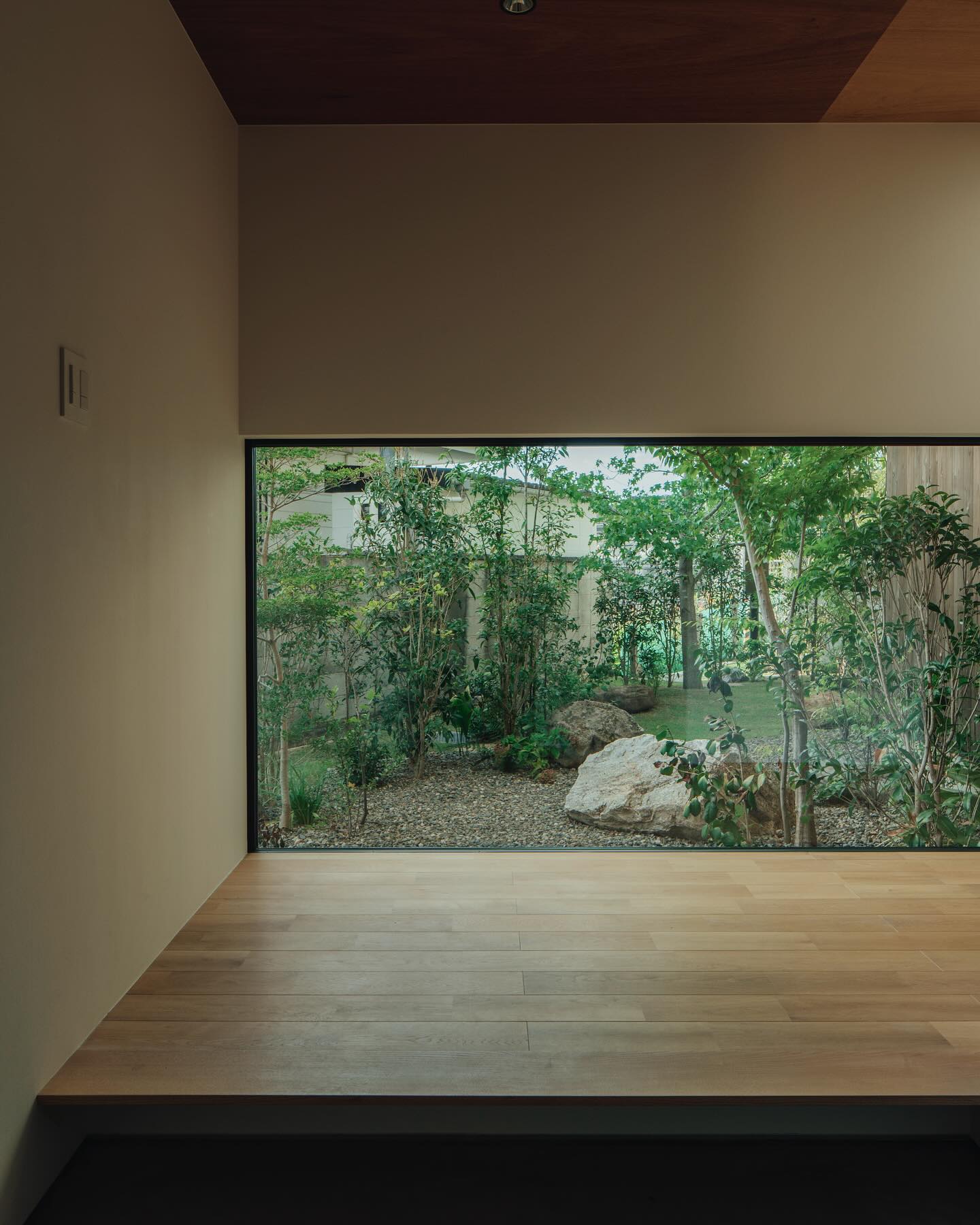
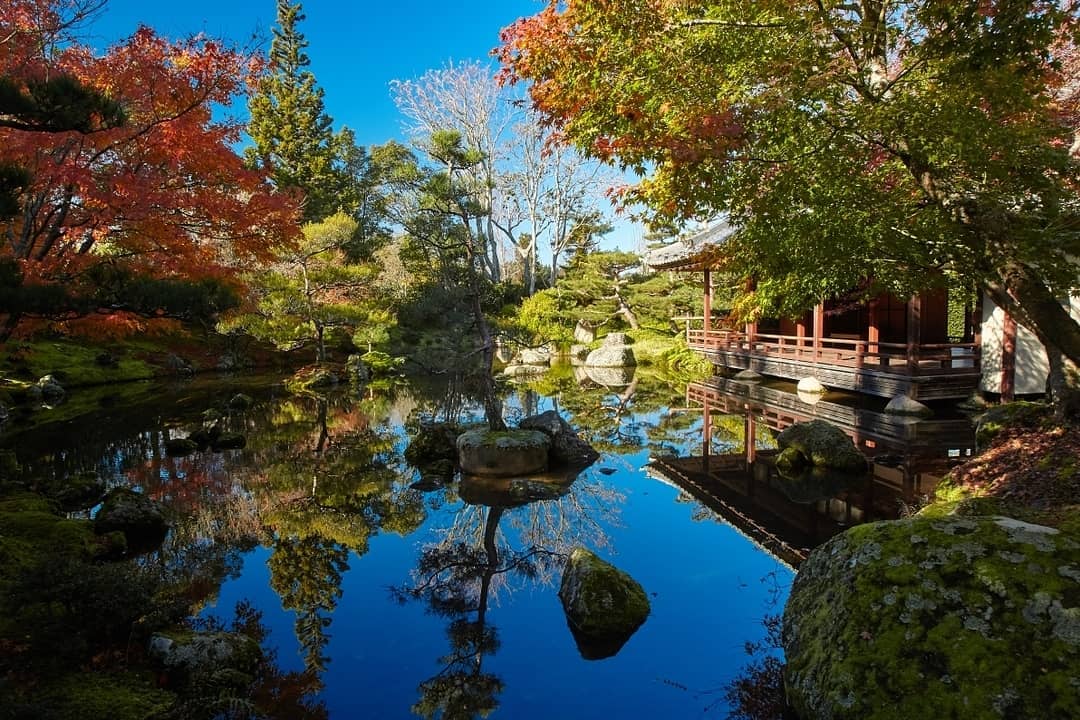

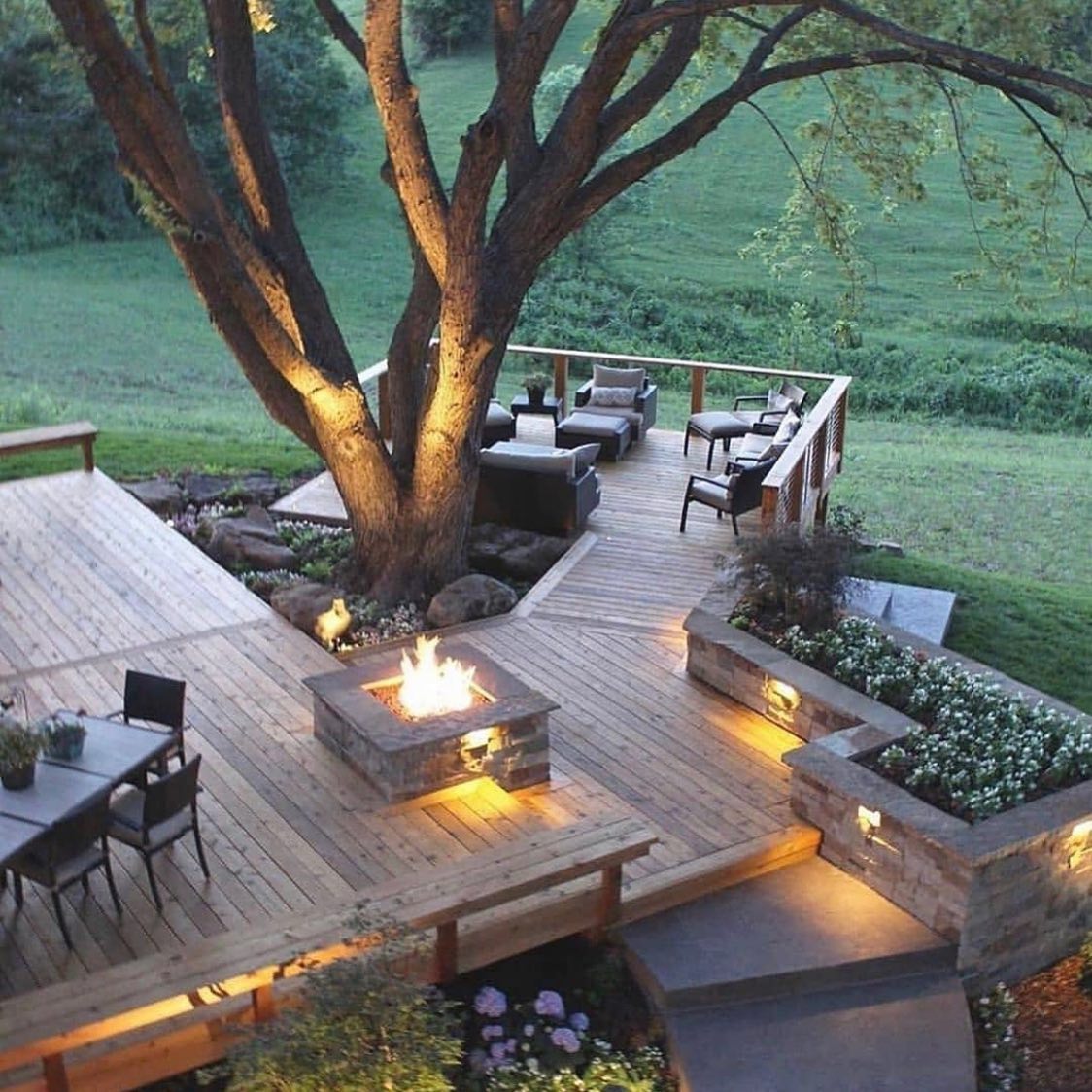
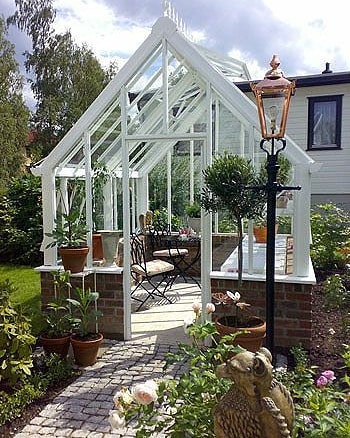
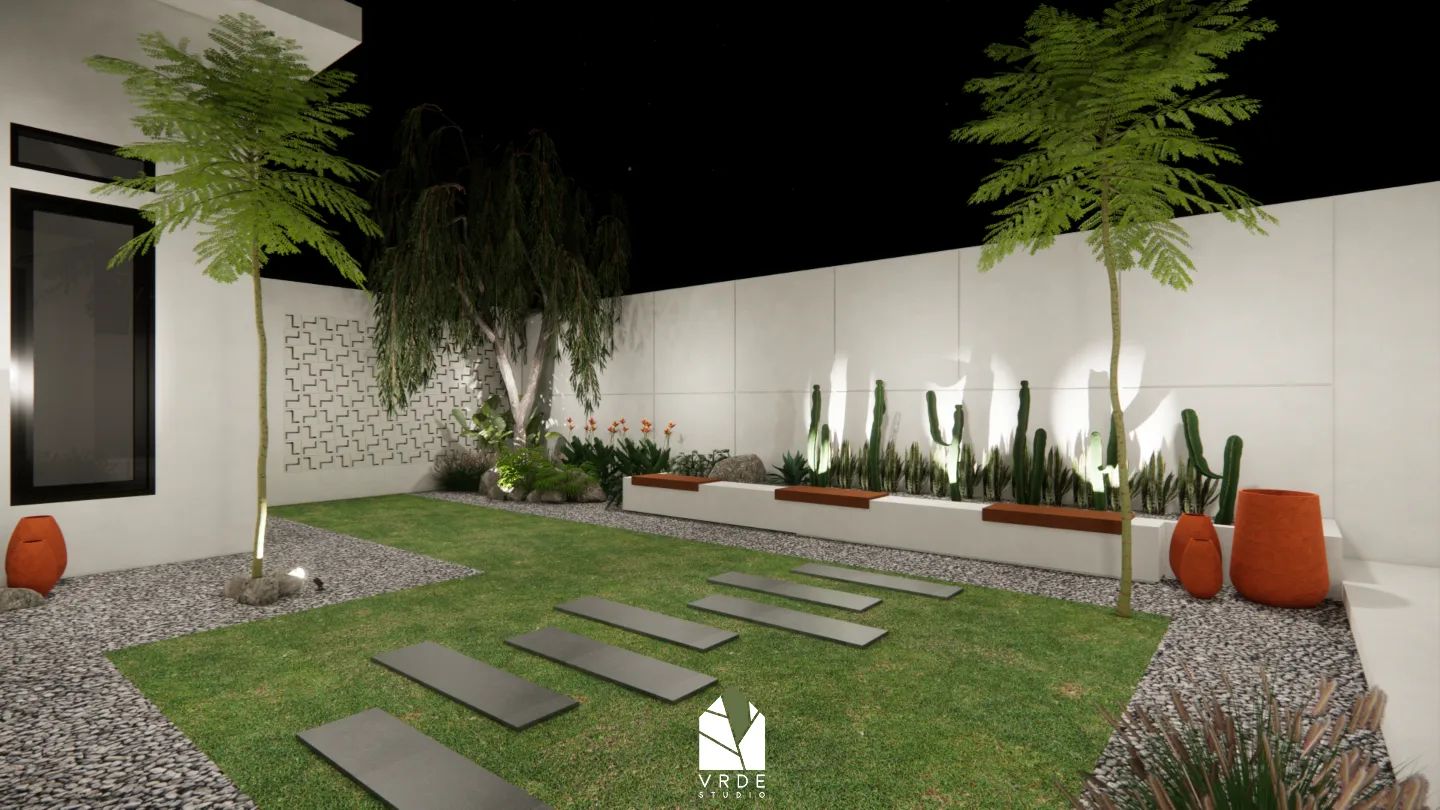
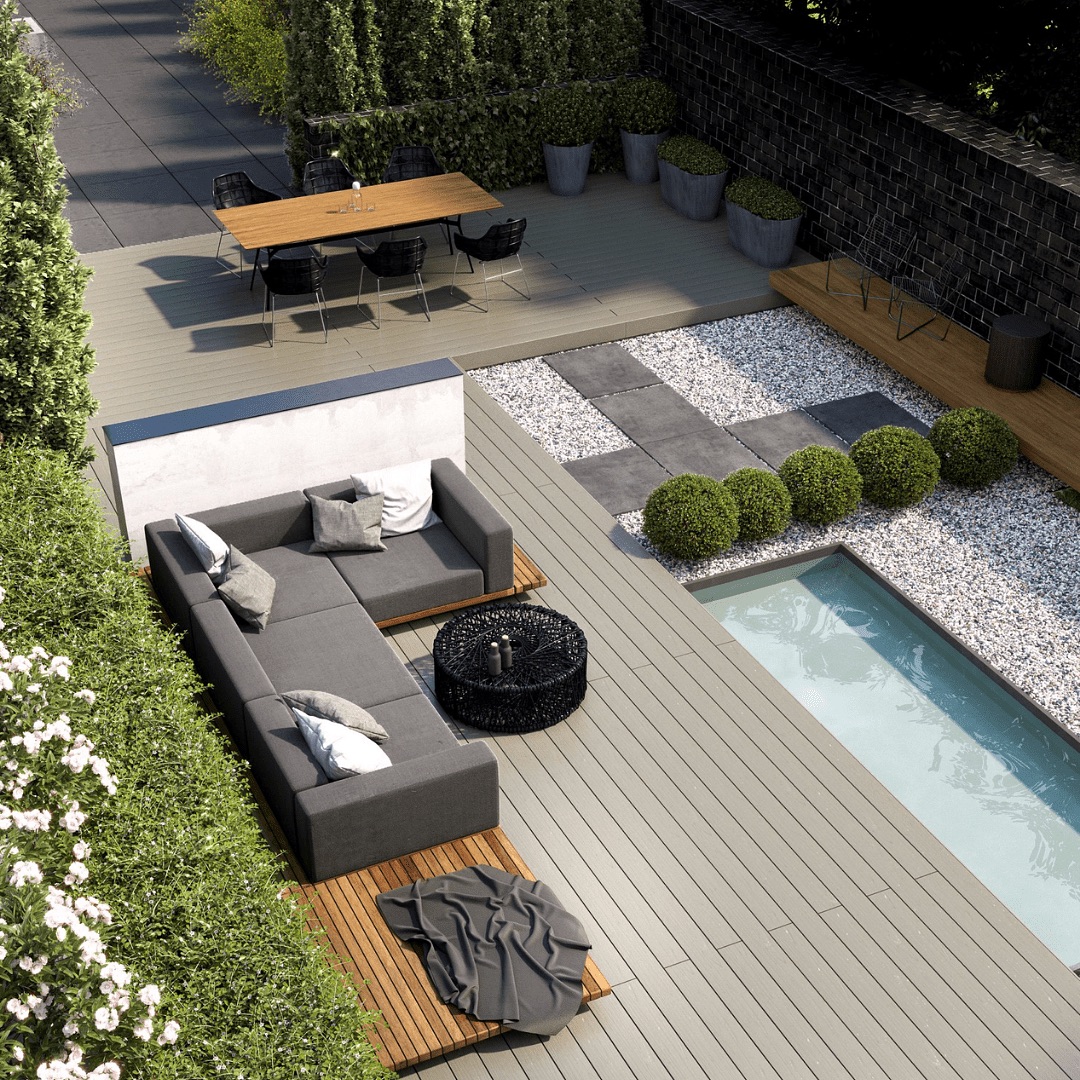
Comments